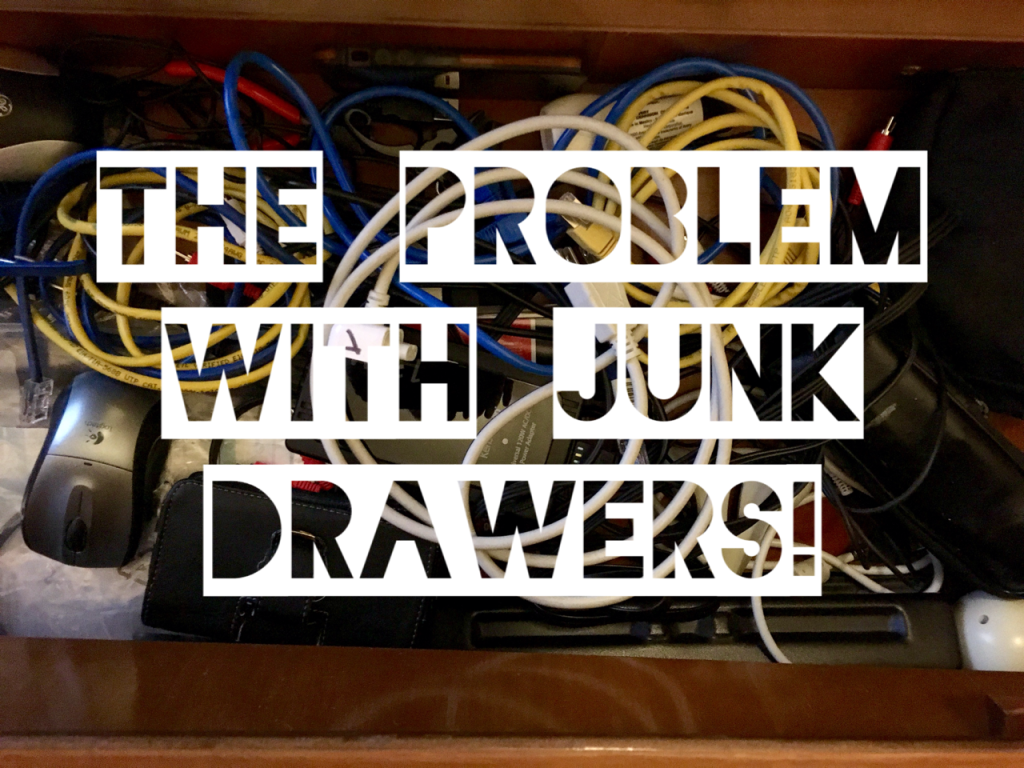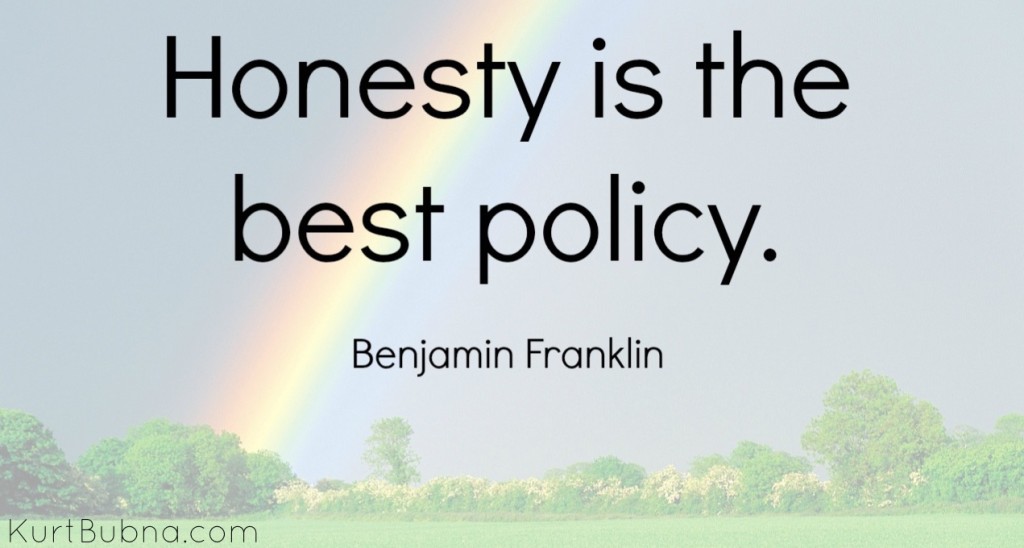 Junk drawers. We all have them. Maybe yours is in a desk or somewhere in the garage or kitchen. Junk drawers are fairly common.
Junk drawers. We all have them. Maybe yours is in a desk or somewhere in the garage or kitchen. Junk drawers are fairly common.
Let me tell you why I’m writing about those hidden places filled with odds and ends, lest you think I’m about to rant about something inconsequential.
I’m using your physical junk drawer as a representation of a relational junk drawer you probably have in your life.
The relational one is the place where we put the people who baffle, annoy, irritate, or scare us. It’s that place in your heart where you stow people you can’t get out of your life, but whom you’d rather not deal with at the moment—or ever.

Why do we have physical junk drawers?
-
It’s the spot where we put something when we don’t know where else to put it.
-
It’s the spot where we hide stuff because we like to appear neat and orderly on the outside.
-
It’s the spot where we leave items because it’s easier to throw something in a drawer than it is to put it in its proper place. In other words, we’re a bit lazy at times.
Why do we have relational junk drawers?
-
It’s the dark place in our hearts where we stuff people when we don’t know how to deal with their quirks or shortcomings.
-
It’s the scary place in our soul where we hide our true feelings out of fear of rejection or conflict.
-
It’s the procrastinating and dishonest place in our minds where we tell ourselves, “I’ll deal with him or her tomorrow.”
Here are the problems with relational junk drawers:
-
People are not junk. They are valuable beings created in the image of God. All people. Regardless of how difficult a relationship is, you must keep at it because people matter and relationships matter.
-
When it comes to people, out of sight does not necessarily mean out of mind. Stuffing is never the path to relational success. (Have you noticed that people tend to crawl out of the “drawers” we stuff them into?) Ignoring a problem or not being honest with a person doesn’t solve anything. Like your momma told you when you were eight, “Honesty is always the best policy.” We need to be straightforward with people and honest with ourselves.
-
You shouldn’t be lazy in your relationships. It might be easier to ignore a person who bothers or scares you, but that’s not the path to personal or relational health. Relationships are work. Hard work.

So who came to mind a minute ago as you read this blog?
Who in your life, despite your best efforts to run from them, is impossible to avoid?
Who makes your skin crawl and your blood pressure rise whenever they call?
Maybe it’s time to face the junk in your heart and the stuff hidden and unspoken in your relationship with that person.
Living with fear or tension or undercurrents of strife isn’t good for you or anybody else.
Go ahead and make some time to open the drawer and face the person you’ve been avoiding. Stop hiding or running from that relationship. Don’t put off until tomorrow what is best dealt with today. Embrace its challenges and grow.
It might be difficult. It might get ugly. But whether it ends well or not, it’s the right thing to do, and in your gut you know it.
Open rebuke is better
than hidden love.
Proverbs 27:5 (VOICE)




Over the years, I have found that when people baffle, bug or bore me, it is usually something that requires acknowledgement, repentance, or a change of attitude in me, myself and I FIRST, before I do more damage with unsolicited open rebuke. I can’t fix myself – least of all the other person. Best to pray for them and allow the Holy Spirit to work on me and them! We’re all a work in progress. Great post!
Good insight, Karin, and so true. Thanks for adding to the conversation.
Guilty as charged. Wow! Wisdom from Kmart yet again.
Kmart wisdoms! Love it!
Love it!
These were words my heart truly needed to hear today, Kurt. So thankful for God moving through others like you who bring us to the truth.
Blessings!
As always, thank you, Martha. You are loved.
How do you handle it when it’s your parent or spouse?
I have both issues!
Hi,
Unfortunately, sometimes it is the people closest to us (like parents, spouse, or another family member). I would encourage you to seek professional help from a counselor and/or to get some advice from a pastor. Honesty, is always the best policy, but how to navigate those tough relationships often takes support from others. Praying for you…
Bam! Hit me on the head, because it is true. We can easily put someone in a “junk” drawer because it is better than deal with them again and again and again. Good Words Kurt.
Thanks, Pati! We’ve all got ’em. Love you guys!
Written with wisdom and integrity. Thanks for sharing Kurt. I will highlight this read on the Christian Poets and Writers Website.
Thank you, Shira, for the very kind words and for reposting it on your website. Blessings!